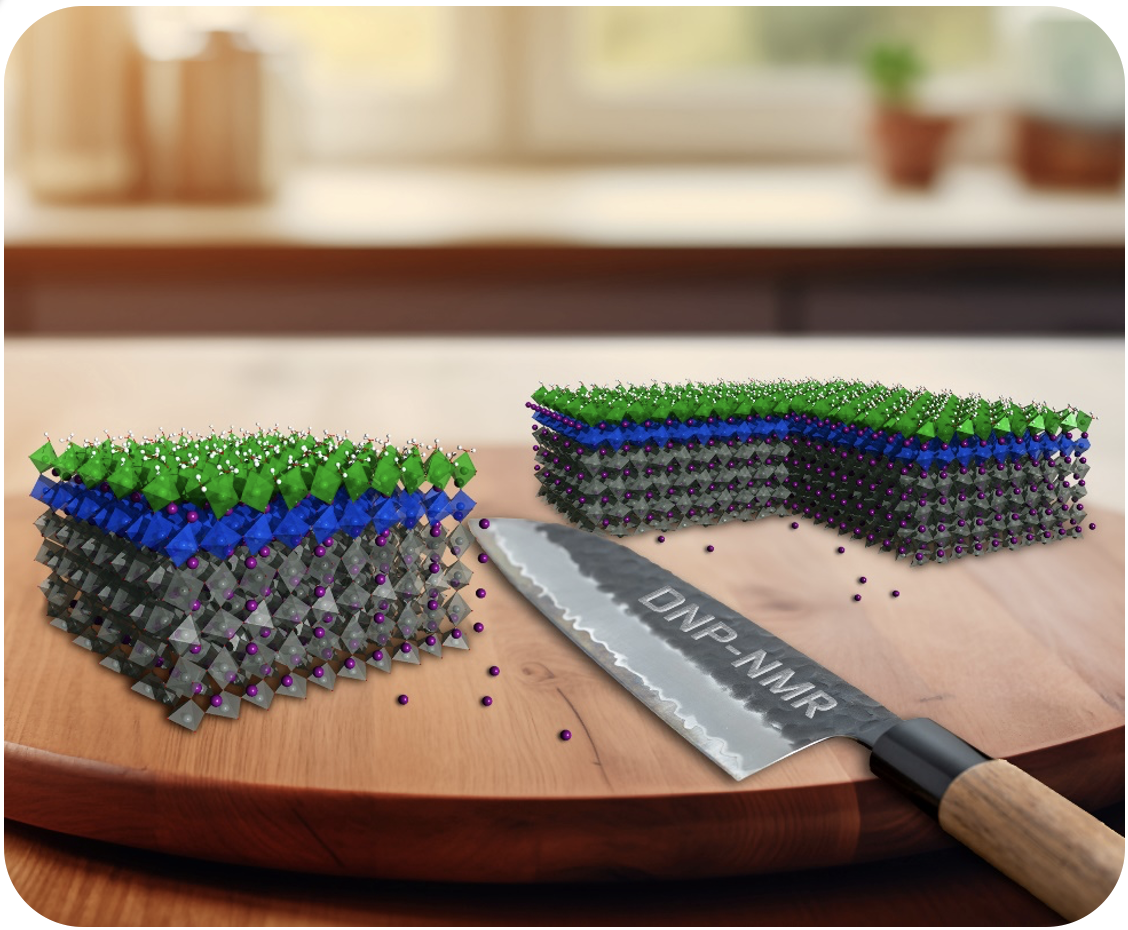Plastics are not going away on their own
Plastics are durable, lightweight, and inexpensive to manufacture and mold into useful shapes, and have been adapted into nearly every sector of modern human civilization. Plastic packaging, for example, reduces energy costs in shipping compared to heavier materials and provides chemically and environmentally resistant means of storage. Once used, massive quantities of discarded plastics become waste that persists for hundreds of years in landfills or our environment. The advantageous properties of plastics, however, also create technical challenges for conventional recycling. The scientists in the Institute for the Cooperative Upcycling of Plastics (iCOUP) are discovering new chemical pathways to transform used plastics into a resource through recycling and upcycling.
Upcycling is the transformation of a used material into higher value products
Plastics contain considerable chemical value embedded in the carbon-carbon bonds that make up the long carbon chains in, for example, polyolefin-based grocery bags and milk bottles. Chemical recycling, by producing equivalent plastics from used materials to create a cyclic plastic economy, and chemical upcycling, by transforming used plastics into high value chemical products such as lubricants, surfactants, and new plastic materials that have sustainable lifecycles, could be accomplished by breaking and making bonds at targeted positions in the long chains. iCOUP scientists are establishing the foundational knowledge and creating the catalytic materials and processes needed for chemical recycling and upcycling of used plastics.
iCOUP is a collaboration of experts from all over the U.S.
We are funded by the U.S. Department of Energy’s Office of Science, and we are an Energy Frontier Research Center. Our team is made up of scientists from Ames National Laboratory, Argonne National Laboratory, Cornell University, University of California Santa Barbara, Northwestern University, University of South Carolina, University of Illinois, University of Florida, University of Southern California, and the University of Michigan. We combine knowledge and expertise in polymers, catalysis, materials, spectroscopy and scattering, and theory, creating a research team uniquely qualified to meet this global challenge.
Learn more
Learn more about recent iCOUP news here, the details of our research here, and our publications here. Interested in partnering or talking with an expert? Contact us here.
News & Highlights
iCOUP Deputy Director to present in upcoming Periodic Table Talk
 Research Highlight
Research Highlight
Perovskite Nanoparticle Surface Revealed by Sensitivity-Enhanced NMR Spectroscopy
 Research Highlight
Research Highlight
Dechlorination of PVC to branched PE
 Research Highlight
Research Highlight
Transforming Used Plastics into Functional Materials
 News Release
News Release

